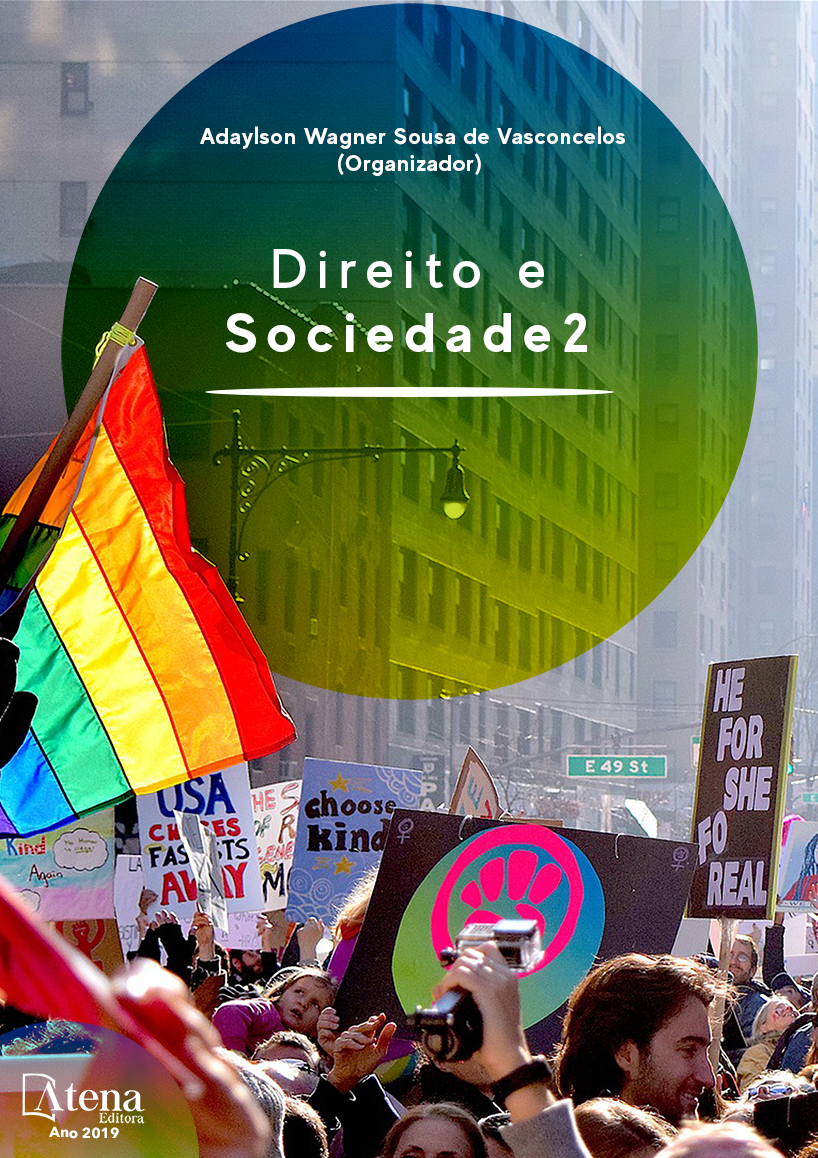
Um chamado à razão: a realidade do sistema prisional brasileiro e a atuação do programa patronato na reinserção de egressos penitenciários.
O presente capítulo tem o objetivo
de apresentar algumas reflexões sobre as
políticas carcerárias brasileiras, situando-as
como graves empecilhos na superação das
práticas delituosas e da própria criminalidade.
Esse modo de se fazer justiça, não apenas
não tem alcançado resultados favoráveis
na diminuição da criminalidade, mas tem
promovido à intensificação da violência
estrutural pela sua reprodução alienante nas
e pelas massas, demonstrando assim que de
maneira geral, a punição liga-se mais ao desejo
de vingança do que a promoção da restauração
do apenado. Além disso, será destacado o
papel do Programa Patronato de Maringá que
em sua prática de acolhimento e atendimento
de egressos do sistema prisional, deparase
constantemente com graves restrições de
direitos que atingem a vida desses indivíduos
antes, durante e após o cárcere, além de terem
essas condições agravadas pelo próprio fato de
terem sido presos. Assim, a partir dessa prática
ressocializadora, será realizada uma breve
reflexão sobre a crise do sistema prisional
e como ela pode influenciar diretamente na
reintegração desses indivíduos.
Um chamado à razão: a realidade do sistema prisional brasileiro e a atuação do programa patronato na reinserção de egressos penitenciários.
-
DOI: 10.22533/at.ed.43619050718
-
Palavras-chave: Políticas carcerárias brasileiras. Violência. Programa Patronato de Maringá. Egressos do sistema prisional.
-
Keywords: This chapter aims to present some reflections on Brazilian prison policies, placing Direito e Sociedade 2 Capítulo 18 218 them as serious obstacles to overcoming criminal practices and criminality itself. This way of doing justice not only has not achieved favourable results in the reduction of crime but has promoted the intensification of structural violence by its alienating reproduction in and by the masses, thus demonstrating that, in general, punishment binds more to the desire of revenge than the promotion of distressed restoration. In addition, the role of the Patronato Program of Maringá will be highlighted, which, in its practice of welcoming and caring for graduates from the prison system, is constantly faced with serious rights restrictions that affect the lives of these individuals before, during and after jail. Besides that having these conditions aggravated by the very fact that they were arrested. Thus, from this re-socializing practice, a brief reflection on the crisis of the prison system will be carried out and how it can directly influence the reintegration of these individuals. KEYWORDS: Brazilian prison policies. Violence. Patronato Program of Maringá. Graduates from the prison system.
-
Abstract:
This chapter aims to present some
reflections on Brazilian prison policies, placing
them as serious obstacles to overcoming criminal practices and criminality itself. This
way of doing justice not only has not achieved favourable results in the reduction
of crime but has promoted the intensification of structural violence by its alienating
reproduction in and by the masses, thus demonstrating that, in general, punishment
binds more to the desire of revenge than the promotion of distressed restoration. In
addition, the role of the Patronato Program of Maringá will be highlighted, which, in its
practice of welcoming and caring for graduates from the prison system, is constantly
faced with serious rights restrictions that affect the lives of these individuals before,
during and after jail. Besides that having these conditions aggravated by the very fact
that they were arrested. Thus, from this re-socializing practice, a brief reflection on
the crisis of the prison system will be carried out and how it can directly influence the
reintegration of these individuals.
KEYWORDS: Brazilian prison policies. Violence. Patronato Program of Maringá.
Graduates from the prison system.
-
Número de páginas: 15
- Marcos Leandro Klipan
- Jenniffer Lucas
- Ana Priscilla Vendramini
- Camila Rocca Esquilage
- Juliana de Oliveira Schweter
- Julio Cesar Freitas Giovanni
- Mariane Gobbi


